Plug-in hybrid cars appear to be a great interim solution between gasoline and electric vehicles—a stepping stone towards a full transition to electric mobility. They offer a longer range than typical hybrids, deliver better performance in electric mode, and the ability to charge the battery from an external source allows owners to rarely use the internal combustion engine, saving on trips.
However, consumers are hesitant to purchase plug-in hybrid vehicles. According to a J.D. Power study, PHEV owners are less satisfied with their vehicles compared to electric vehicle owners.
It is noted that the user experience of PHEV owners has proven to be less appealing compared to those buying fully electric cars. The main reason for dissatisfaction stems from the limited electric-only range, which averages around 40 km. This is insufficient for many consumers in their daily use of vehicles.
Another factor is the high price of PHEVs, making them less attractive to buyers. For instance, the average cost of a crossover with a plug-in hybrid powertrain is $48,700, whereas a conventional hybrid costs $37,700, and an electric vehicle in the same category is priced at $36,900.
Many buyers are not adequately informed about PHEV capabilities and their potential advantages, often using them like regular hybrids, ignoring the need to plug in for charging.
Moreover, skepticism towards such vehicles is noticeable in the U.S.: the majority of consumers choose either conventional hybrids or fully electric cars. Even though PHEVs were designed as a transitional option between gasoline vehicles and electric cars, their user experience has not convinced American buyers. Europeans show more interest in PHEVs: over 7% of new cars registered this year in the EU feature a plug-in hybrid powertrain. However, this is significantly less than the 31.3% share held by conventional hybrids, and even lower than that of diesel vehicles.
Source: insideevs






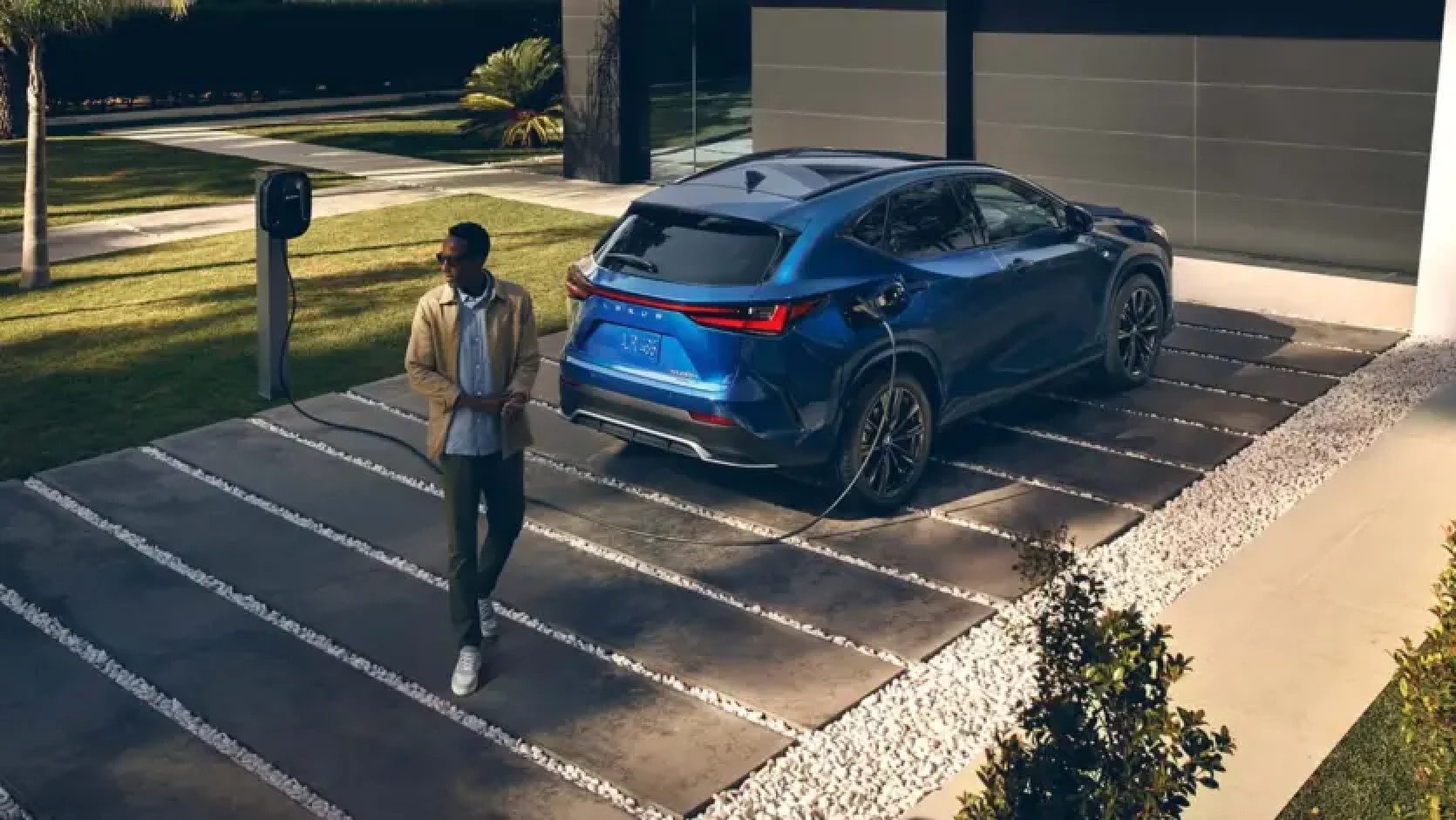


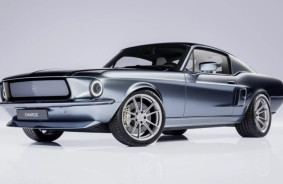
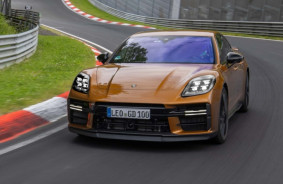
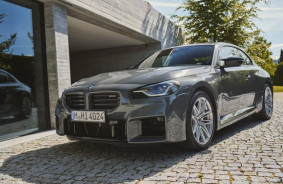
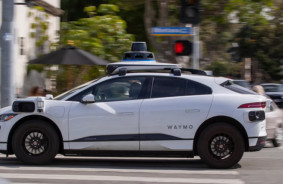
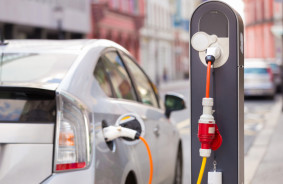
Comments (0)
There are no comments for now